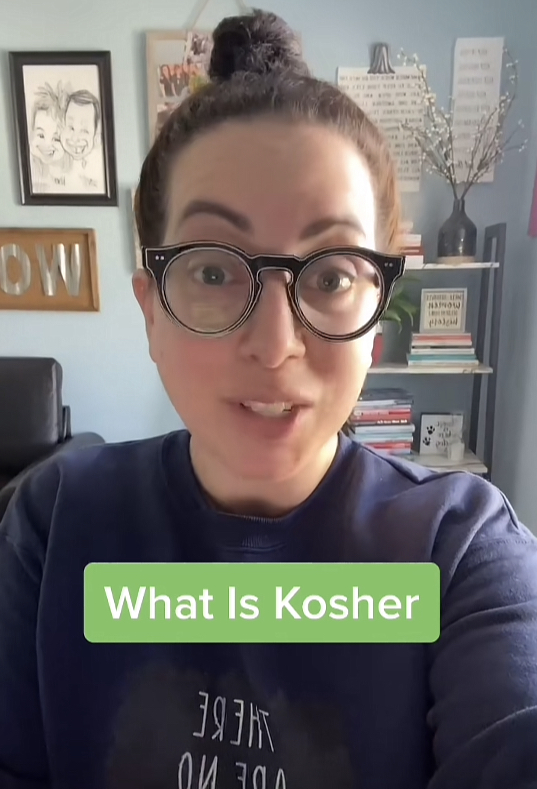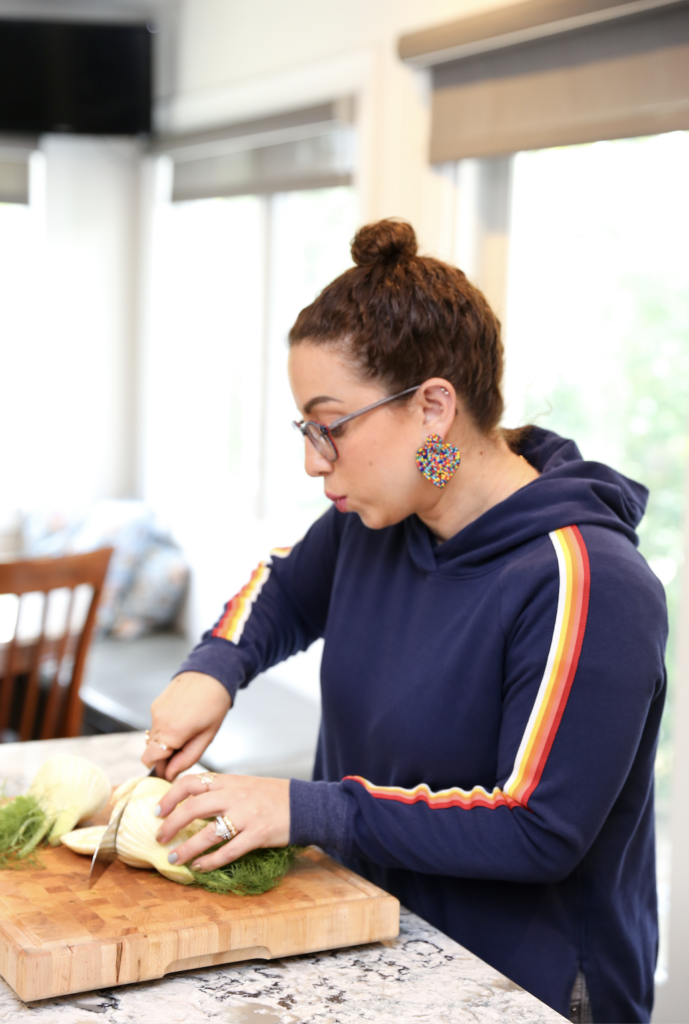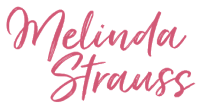Every single day on TikTok, I get asked “What is Kosher?” Sometimes people think it means a Rabbi blessed the food, or that kosher means it’s healthier, while others want to know if kosher only applies to what we eat or does it also extends to moisturizers, make-up, clothes, etc. So let’s go through the basics of what kosher means, where it comes from, why we do it, and since I know you’re already thinking about it, I’ll include some information on kosher salt and kosher pickles as well.
*Please note that I am not a Rabbi so if you are Jewish and have specific questions about keeping kosher, please reach out to your Rabbi for advisement. I will definitely be leaving out many details about kashrus in this article, as I would like this to be more of a “Kosher 101” of the basic laws.

“Kosher”, which in Hebrew means “fit” or “proper” and that it’s suitable for consumption, is a term used to describe the dietary standards of traditional Jewish law, originally found in the Torah, the Jewish Bible. While the most basic rules are laid out for us in the Torah, the details for production and processing of the kosher food we eat has become more and more specific through the years. The rules are complex and if you’ve never learned them before, I understand how it can be confusing. So I will break down the details below as simply as possible.
Here are the key rules of keeping kosher:
- Do not mix meat and dairy. That means we don’t eat it together, we don’t put it on the same plates, we don’t cook it together, and we have separate pots, pans, plates, and utensils for meat and dairy. After we eat meat, we wait anywhere from 1-6 hours (based on different customs from around the world) before eating dairy products. My family’s tradition is to wait 3 hours from the time the meat meal is finished. Between eating dairy and meat, some wait a few minutes and wash out their mouths, some wait up to 30 minutes before eating meat.
- In the Torah it says “do not boil a kid in its mothers milk” and from that, it is derived that we don’t mix meat and dairy.
- Land animals must have split hooves and chew their cud.
- Land animals must also be slaughtered in a specific way to cause no pain to the animal. This is called Shechita.
- Seafood must have fins and scales. So no shellfish, eel, catfish, shark…
- No birds of prey, meaning no birds that eat other animals.
- Dairy
- Dairy is only kosher when it comes from a kosher animal
- Cheese must be certified kosher to ensure no non-kosher ingredients such as rennet are added
- Parve means a food is neutral, neither meat or dairy
- Examples: honey, eggs, fish, fruits, vegetables
- Blood is not kosher
- The exception to this rule is if you bite your tongue or your gums are bleeding, this is something you can’t avoid.
- We can eat tartar and rare meat since the red liquid that comes from the meat is actually myoglobin, which is a protein, not blood
- No bugs
- Locust is the only insect technically considered kosher
Shechita:
Meat, fish and poultry must be ritually slaughtered (shechted). This means that the animal has been killed quickly by having its throat cut with a sharp knife in an approved way. The blood must then be drained from the meat before it can be eaten. The animal’s organs must also be checked for impurities and removed before cooking or eating them. We are allowed to eat offal, like sweet breads and liver, but it must be cooked first to drain the blood.
Why is a product marked kosher?
Kosher symbols are used to identify kosher products. They usually appear on the package or label, and there are over 100 different kosher certifying agencies. A few examples are: OU, OK, Star K, Chuf K, COR, CRC
Kosher symbols are placed on processed foods so that we know a Jewish person trained as a Masgiach, a supervisor, has watched over the food being prepared to make sure it’s all done in a kosher way; No non-kosher ingredients are added and no mixing meat and dairy.
_____________
Now that you know what the Torah says about keeping kosher, you might be wondering about all the kosher food hauls I share and why I can’t just buy any packaged item at the store as long as it’s made with ingredients that are seemingly kosher.
When food items are processed and packaged, there are two things we need to be careful about: 1. All the ingredients going in are kosher (so many products use lard and pig gelatin) and there is no cross-contamination with any foods that aren’t kosher, which can happen on machinery that processes non-kosher foods. 2. Dairy and meat ingredients are not mixed.
The solution for this is Kosher Certifying Agencies. These are trained individuals, called a Mashgiach, who watch over the production process, whether it’s at a large facility or a kosher restaurant kitchen, and they make sure all foods coming in are kosher. This is where the misconception comes from that kosher food is blessed. People see a Jewish person come in to watch the process and think they are saying a blessing over the food. Instead, they are inspecting everything that enters the location to make sure it adheres to kosher standards.
There are hundreds of Kosher Certifying Agencies around the world and I love to use the CRCKosher.org website to find them all.
Some kosher questions I get asked frequently:
Kosher Pickles: watch this video https://www.tiktok.com/@therealmelindastrauss/video/7001202222189038853
Here is my dad’s amazing homemade pickle recipe: https://www.tiktok.com/@realmelindastrauss2.0/video/6997411383474212101
Kosher Salt: watch this video https://www.tiktok.com/@therealmelindastrauss/video/7015998695179046150
Do all Jewish people keep kosher? Nope!
Are eggs dairy? Eggs are considered Pareve, which means mayonnaise is not dairy.
What if we accidentally eat something not kosher?
There is no formal penalty for eating something not kosher. We do teshuva, which is our repentance. Acknowledge the mistake, apologize if there are apologies to be made, and vow to do better moving forward.
Does lipstick need to be kosher? No, it doesn’t. Topical products are not meant for eating and do not need to be kosher.
Can a Non-Jewish person eat kosher food? Absolutely! You can buy it, eat it, cook it at home.
Is fish considered meat? Fish is actually considered parve, neutral. The Talmud does discuss that mixing fish with meat is unhealthy, therefore we can eat it in the same meal but don’t eat it on the same plate. There are also some who have the custom not to mix fish with dairy for similar health reasons, though not all follow that ruling.
Can we mix plant based meat with real cheese? Yes, plant based meat is not actually real meat, the same way vegan milk and cheese are not actually dairy. We can mix vegan meat with cheese and vegan cheese with meat.


